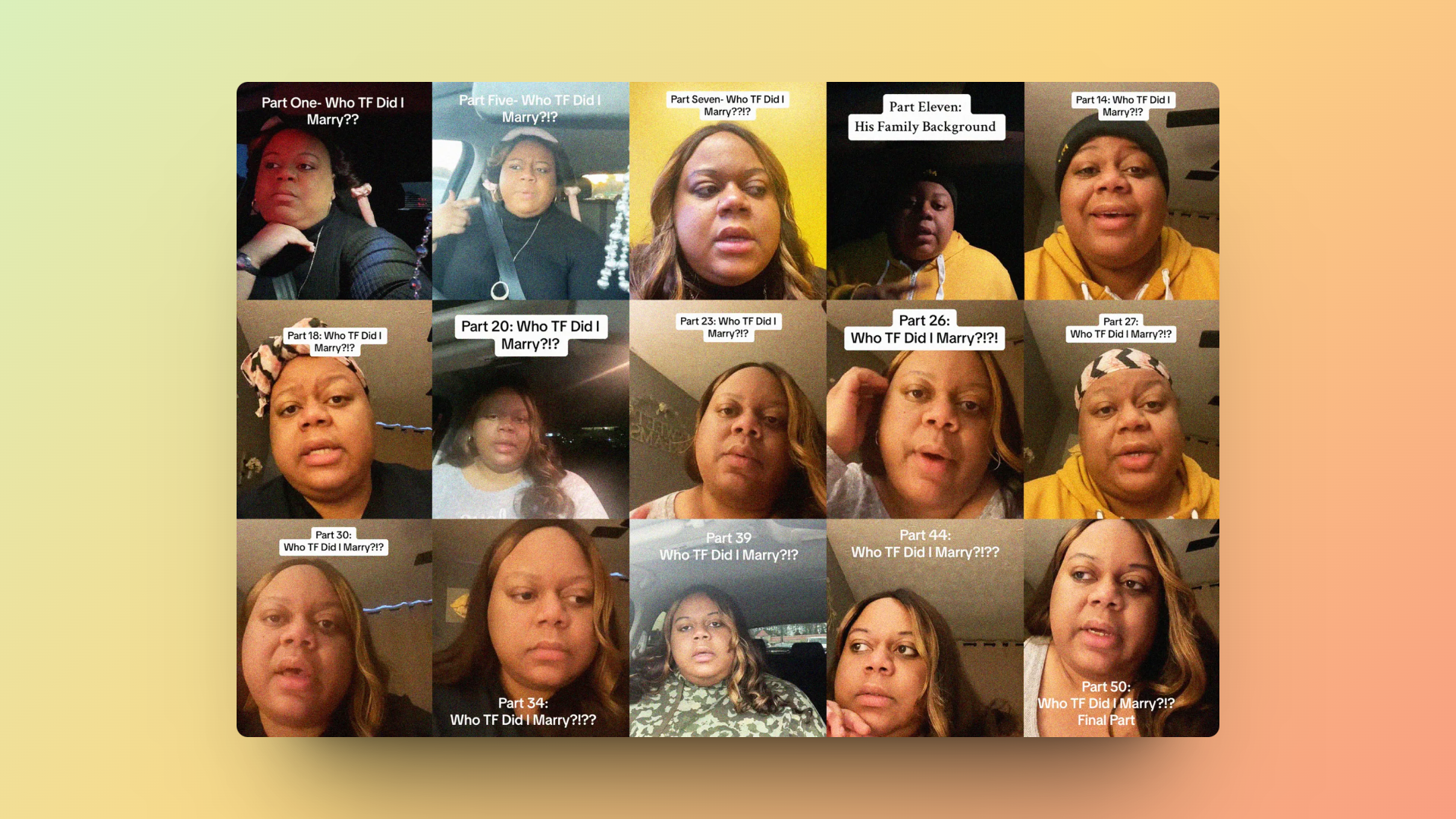Asim Amin is the Founder and CEO of Plumm, a workplace mental wellbeing platform that partners with progressive organisations to help build a more compassionate and productive workforce.
Asim created Plumm after watching his mother suffer from depression for most of his childhood. He witnessed the negative impact on someone’s life and how hard it was to get help.
Now, his mission is to make conversations around mental health more manageable and more accessible.
With over 150 accredited therapists and specialised coaches globally, Plumm offers employees evidence-based care tailored to their needs while helping companies save money in engagement and healthcare costs.
Users can access one-to-one mental health support through chat and video calls, as well as live workshops, courses and guided meditations. Plumm supports more than 100 organisations, including Aldi, DHL, and Ubisoft.
Making an impact in the workplace
For me, making an impact is all about changing the mindset of people. You’re not helping someone if you’re only touching them on a surface level. I want to reach the person’s core or audience to make a difference and a real impact.
To do this, you have to gain the trust of people. Don’t insult their current mindset. Show them what you’re all about, be it on a small scale, in a day-to-day conversation, or on a bigger scale, like with Plumm.
By introducing Plumm to the world, we aim to impact the global workforce. We don’t want mental wellbeing to be an option. It should be a daily practice and a habit.
Good mental health takes work, and with a platform like Plumm, you can work on yourself every day, whether it be goal setting, meditations, therapy, or talking with someone via chat.
Once you prioritise mental wellbeing, you can change the foundation of how organisations work through improved culture, productivity, and ultimately happiness.
The origin story of Plumm
Unfortunately, there has been a lot of stigma surrounding mental health in the past, which is still prevalent today. However, there’s no doubt that it is evolving, and more recently at a far more rapid rate. It’s frequently in the news, and far more conversations are happening that help breaks down the stigma.
We designed Plumm to break down the barriers that stop people from starting the conversation around mental health. When we first began discussing ideas, our focus was to help people who had never thought to access a therapist before.
So, I guess my eureka moment was when we realised we could make Plumm an easily accessible self-help tool by providing online courses led by our therapists. They enable people to access help at their own pace and serve as a 24/7 resource. From there, users can build a connection with the therapist’s course they’ve engaged with. We offer them to book a therapy session with the therapist they now trust.
The idea blossomed from there, and we now offer a chat feature in which individuals can message your therapist whenever you’d like in between their sessions.
On validating your business idea
Plumm is a two-sided marketplace. On one side, we’ve got the therapist. On the other side, we have the client.
Initially, we approached the therapists looking for validation, but this didn’t work out. If you cast your mind back to 2016 early 2017, tools such as Zoom and Microsoft Teams were nowhere near as popular, reflected in the therapist’s opinion.
Most of the therapists we spoke with were against the idea of remote therapy – they thought we could not create the same experience online. So, we thought, okay, let’s ask the clients. After all, these were the individuals we wanted to help.
They were delighted with the product, mainly because of its convenience. Perhaps this was because most clients had never accessed therapy before, so they hadn’t experienced it in person. Either way, this worked in our favour and helped validate our idea.
The therapists then came on board quickly, seeing that clients were happy with an online model. And now we’re here! Obviously, since the pandemic, almost everything has moved online. It’s not just therapy, but education, exercise, and workplaces. The thought process has totally changed, and if we suggested the idea now, I’m sure there would be no hesitation from either side, but back in 2016/2017, the validation came from our clients.
A failure you are glad you experienced
It’s one of our very first failures. We were preparing to raise funds for an investment round, so we spoke to loads of investors from the get-go.
One investor came forward and said they were ready to invest but proposed a different proposition. They offered to buy the entire company and not the equity we asked for.
Ultimately, they only shared part of the money, and we would work for that investor and company, owning nothing. For us, this was a complete disaster and failure. We tried to negotiate, we went back and forth, but they wouldn’t budge. Then we ended up failing at the round entirely, coming away with nothing.
Funnily enough, at a later stage, that same investor did make an offer at the valuation we were asking for. Now, they’re one of our biggest advocates and champions of the company’s mission. So, although the first funding round was a failure, I’m glad it happened, as it led us to where we are today.
Test, fail and improve
Time and time again, people have told me to focus on having a solid board of advisors. There’s a lot of value in it. However, we’ve been there, and I disagree that it’s 100% necessary.
If you have a strong team that sees failures as learnings, you can move quickly, pivoting if required.
Yes, it’s important to have advisors around you; however, ultimately, in my opinion, it’s not what defines your success. Team is.
For me, the best approach is to listen to everyone in your circle, consider their advice, and then do what feels best. If you are working with stringent advisors, sometimes your thought process or direction can become a little confused. One of the most significant advantages you have as a start-up is speed, so if you’re not able to make decisions quickly and lose this luxury, it can hinder your success rate.
The sooner you can test, fail, and improve, the better, in my opinion.
You need a strong, reliable team and a culture in which you embrace failures.
Asim Amin
Finding work-life balance
I do a few things in my daily routine that help me maintain a healthy work-life balance.
Before I go to sleep, and right after I wake up, I make a point not to touch my phone or laptop for at least 30 minutes to an hour. Every morning I meditate and then hit the gym, which helps me start the day right.
On the weekend, I always try to find time to do nothing. It could be anything from half a day to just half an hour. And nothing doesn’t mean watching TV or scrolling my phone or laptop. I mean doing absolutely nothing. It allows me to be in my thoughts – I guess it’s a kind of meditative experience.
I do this consistently, every day of every week, which helps me a lot. It allows me to reprogram, reset, and be my best inside and outside work.
An audiobook everyone should listen to
Without a doubt, it has to be the Power of Now by Eckhart Tolle.
I listened to the book for the first time, and it was my first experience with the concept of being conscious and present at the moment. At the time, I wasn’t in a great headspace.
It was something that I needed to hear, and it saved me. Since then, it’s completely changed my mindset and the way I approach things, and I live much more consciously and within the present moment.
It was magical, too, because Eckhart himself narrated the book. The way he spoke, and the tone he had, was mesmerising. It felt like a total experience. Since then, I’ve followed his work and read a few of his other books as well. But the Power of Now really holds a special place in my heart.
Where Plumm is heading next
With Plumm,, we have an opportunity to impact the future workforce. We’re tackling the mental well-being of employees, and that isn’t going away. Mental wellbeing translates into everything in the workplace: culture, employee satisfaction, job performance. And in turn, it can eventually impact levels of absenteeism and, therefore, productivity.
By offering a holistic platform that provides both preventative and interventive care, we have an opportunity to start changing the very core of organisations.
Ready to get started with positive impact marketing?
Set up power marketing systems build a marketing strategy that drives results, when you join our certification.
Develop an advanced set of marketing skills that drive more measurable results to any project and harness the power of psychology, purpose, storytelling, and impact to build trust in an increasingly skeptical world.
Take our certification, build your marketing plan and build your ultimate marketing toolkit.





